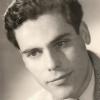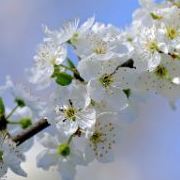Know yourself
-
Similar Content
-
- 4,752 replies
- 482,184 views
-
- 5 comments
- 828 views
-
- 0 replies
- 174 views
-
The book Instagram page: (all free content to immerse yourself more into the world of my characters)
By Hardianarcher,
- 0 replies
- 238 views
-
- 5 comments
- 272 views
-





Recommended Posts
Create an account or sign in to comment
You need to be a member in order to leave a comment
Create an account
Sign up for a new account in our community. It's easy!
Register a new accountSign in
Already have an account? Sign in here.
Sign In Now